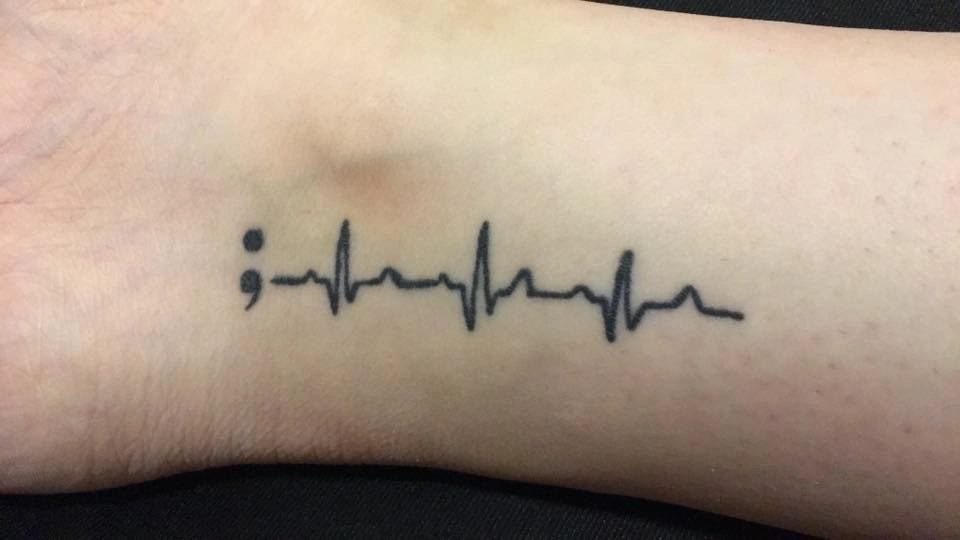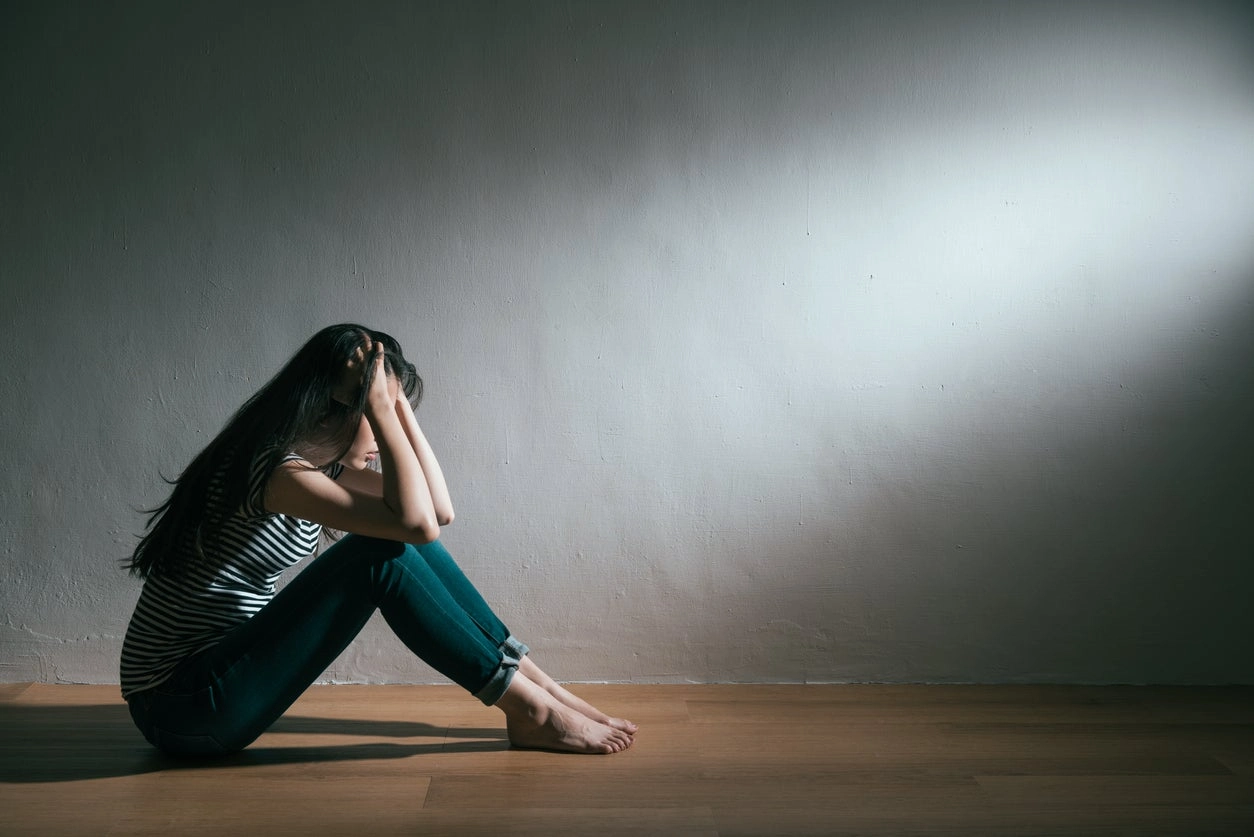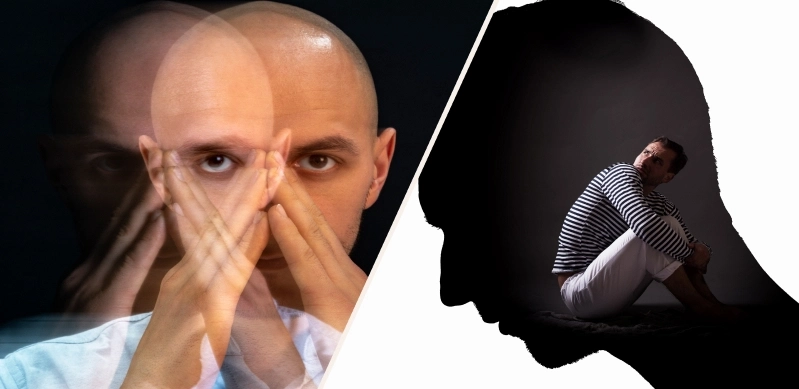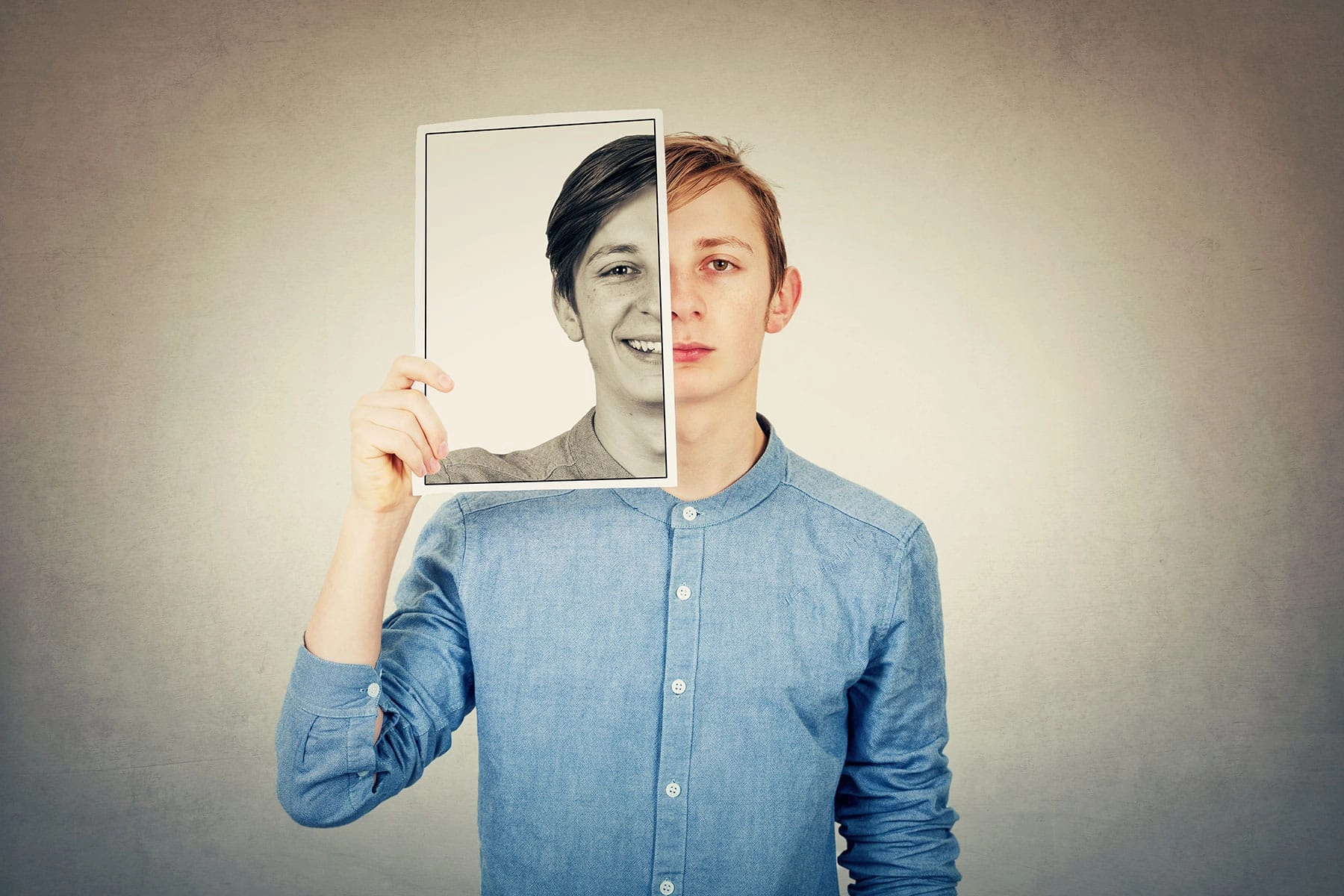Bipolar Tattoo: Long beyond basic body art, tattoos serve as emotional anchors, commemorations, and personal expressions. A highly personal symbol of one’s path, struggles, and successes over the challenging and sometimes misconstrued mental health illness, a bipolar tattoo may represent for people living with bipolar disorder.
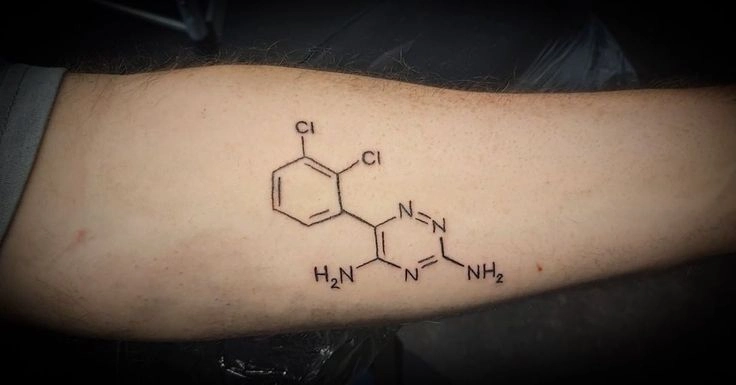
Bipolar tattoos are becoming more popular among individuals traversing this emotional terrain whether to increase awareness, serve as a reminder, or empower oneself and others. We will examine in this blog article what a bipolar tattoo is, its meanings, often used designs, things to think about prior to getting one, and how it helps to advance the larger discourse about mental health and stigma.
What Exactly Is a Bipolar Tattoo?
A bipolar tattoo is a design that depicts bipolar disorder, a mental health disease characterized by alternating periods of mania and depression. People with the illness, mental health advocates, or loved ones supporting someone with bipolar disorder frequently wear these tattoos.
Unlike conventional symbols, bipolar tattoos typically have personal, raw, and sometimes therapeutic significance. They can represent the interior conflict between highs and lows or provide hope and healing via symbolism. For some, the ink serves as a reminder of how far they have come; for others, it is a badge of resilience proudly on show on their skin.
Why Do Bipolar Tattoo Recipients Do So?
Self- Expression and Empowerment: 1.
Those with bipolar disorder might feel isolated or misinterpreted. A tattoo can enable them to regain control over their tale. It enables them to share their truth in a manner that speaks to their healing journey and identity.
2. Increasing Awareness of Mental Health
One might use a bipolar tattoo to get people talking. An opening for discussion of mental health, stigma removal, and public education about the realities of bipolar illness arises when someone asks about it.
3. Support and Memorial
Loved ones of bipolar patients may get tattoos in memory of someone who died to the disease or in solidarity. It is a means of expressing love, dedication, and continuing support for mental health awareness.
4. Recovery and Meditation
Tattoos are healing for many people. Choosing a design, going through the agony, and permanently marking the skin can aid with closure, self-acceptance, and healing after years of emotional upheaval.
Typical Bipolar Tattoo Ideas and Their Meanings
Although some symbols are widely accepted inside the community, picking a tattoo style for bipolar disorder is a personal choice.
1. Semicolon (;)
Originally a component of the Semicolon Project, this punctuation mark denotes the choice to keep life going when one may have stopped it. For those with bipolar illness, it represents strength and the continuous path via mania and melancholy.
2. Yin-Yang
It mirrors the double character of bipolar illness—highs and lows—coexisting inside one person.
3. Sun and Moon
Traditionally, the sun and moon stand for mania and sadness, respectively, in a classic bipolar tattoo arrangement. While the moon represents serenity, darkness, and the depressive state, the sun reflects energy, light, and the manic side.
4. Waveform Designs
Some people want a waveform that visually symbolizes EEG findings connected with mental health monitoring or mood swings. It is a creative, scientific depiction of their life.
5. Quotes and Verbalizations
Popular words like “balance,” “resilience,” “warrior,” or quotes like “This too shall pass” or “Still standing” resonate with the emotional stamina required to live with bipolar disease.
6. Mood Symbols’ Heartbeat Line
A line depicting a heartbeat, together with smiley and sad faces, might serve to represent the emotional extremes felt with the illness.
Bipolar Tattoo Placement Suggestions
Although tattoos can be placed anywhere, those with mental health tattoos usually pick locations that are personal or easily concealed/revealed according to their comfort level.
- Easily apparent and metaphorical for remaining strong in difficult circumstances is the wrist or forearm.
- Close to the heart, the chest symbolizes emotional endurance.
- Slight and elegant but strong behind the neck or ear.
- Great for quotations or symbols that help a personal reminder: foot or ankle.
- Back or shoulder blade fits bigger, more intricate artwork best.
Factors to Think About Before Having a Bipolar Tattoo

1. Your Mental State Conditions
Choosing to get inked demands that you be in a good mental and emotional state. Steer clear of snap judgements during mania or sadness. Discuss with your trusted support network or therapist.
2. Meaning in Design
Spend your time creating something that really connects with you. Not only are trendy designs, but the finest bipolar tattoos are those with personal meaning.
3. Stigma in Professional Settings
Even if mental health stigma is decreasing, it still exists in particular companies or cultures. If you have a conservative job, think about the visibility of your tattoo.
4. Selection of Tattoo Artist
Not every tattoo artist understands mental health symbology. Pick someone experienced, open-minded, and at ease with important projects. Some concentrate on tattoos with mental health themes.
Bipolar Tattoos and the Power of Narrative
Tattoos present a means to communicate your story without words. Every design is a story of resilience, struggle, and survival. Tattoos are often chapters of their life, often those including trauma, therapy, medicine, relapse, recovery, and hope, for those with bipolar disease.
These symbols unite the bipolar community. Posting your tattoo online or showing it to a friend helps to normalize mental illness, uplift others, and promote healing through art, part of a wider movement.
For Whom Are Bipolar Tattoos?
Not necessarily. Some people may not be at ease exposing their mental health path via body art. Others might choose privacy or other coping techniques. That is acceptable too. One kind of expression, a tattoo, is not the only means by which you may validate your experiences.
Still, for those who do choose it, a bipolar tattoo can act as a lifetime testament to their strength and a discreet signal to others walking a similar path: You are not alone.
Last Words: Should You Get a Bipolar Tattoo?
Think about what the symbol means to you if you’re contemplating a bipolar tattoo. Does it mirror your path? Would it heal or empower you? Are you prepared for the dialogue it could start?
Bipolar tattoos transcend merely ink on skin. They represent truth, bravery, and survival. They change stigmas into strengths and scars into stories. Your tattoo can be your quiet voice in a world still learning to hear, whether it’s a semicolon behind your ear, a yin-yang on your wrist, or a phrase across your chest.

